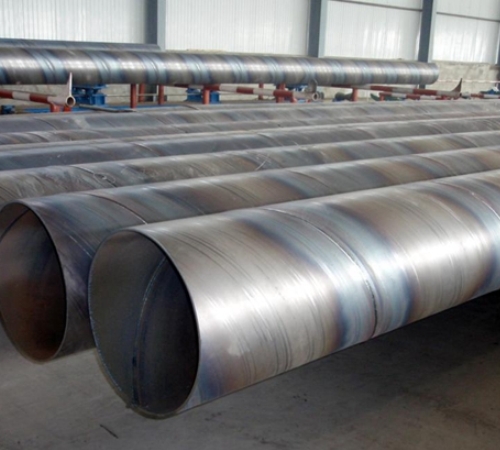The Steel Manufacturers Association Jan. 20 urged the US government to exercise caution as it negotiates with other countries on arrangements to replace its 25% Section 232 steel tariff, adding that the best interests of the domestic steel industry must be considered.
“It is important that America maintains a strong Section 232 program for the US steel industry at a time when imports are surging, capacity utilization is trending down and major domestic steel producers are making monumental investments that are modernizing and electrifying our steel industry,” SMA President Philip Bell said in a statement.
Bell said that the US should be concerned about any additional alternative arrangement that will lead to increased steel imports and support countries not committed to free and fair trade.
Bell’s comments follow a Jan. 19 joint statement from US and UK trade representatives that announced the start of bilateral discussions to address global steel and aluminum excess capacity and resolve a metal tariff dispute.
It is expected that the US will modify the enforcement of its steel tariff on UK exports, much like the US’ previous deal reached in October to replace the tariff on imports from the EU with a tariff-rate quota arrangement.
The Section 232 steel and aluminum tariffs were imposed on most countries in 2018 under former President Donald Trump.
Total US steel imports in November 2021 hit 2.86 million mt, significantly up from 1.24 million mt in November 2020, according to US Census data. In the same comparison, steel imports from the UK rose to 17, 219 mt from 11,885 mt.
In 2021, US steel imports reached 26.98 million mt through November, already surpassing the 2020 full-year total of 20 million mt.
“The announcement that the US and the UK will start negotiations to find an alternative scheme to the current 232 tariffs was expected,” Bell said.
However, Bell added that the UK steel industry is export-oriented, and its production is “dominated by firms from China and India.”
“We must ensure that any agreement does not have unintended consequences and is structured in a way that meets the trade and climate objectives of our country,” he said.
The SMA represents the US electric arc furnace steel industry, which accounts for about 70% of domestic steel production.
The American Iron & Steel Institute, another trade association that represents the US steel industry, echoed the SMA’s sentiment.
“We think it is essential that the [Biden] administration ensures that the various new agreements it is considering do not result in a flood of imports that could undermine the goal of the Section 232 program to maintain a healthy domestic capacity utilization rate,” AISI CEO Kevin Dempsey said in a Jan. 19 statement to S&P Global Platts.
— Nick Lazzaro






